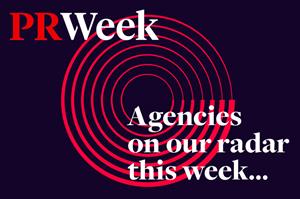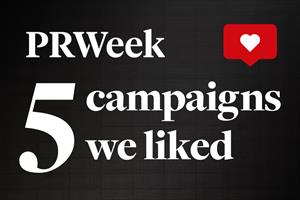There’s a reason why election years are called "the silly season."
The latest case in point is in North Carolina, which passed a draconian law this week prohibiting local governments from passing their own statutes protecting members of the LGBT community from discrimination.
In a nutshell, North Carolina Republicans have been at odds with Charlotte officials who were about to enact an ordinance to prohibit discrimination in public accommodations and housing. Specifically, legislators claimed they were protecting women and children from predators who could, for instance, claim sexual preference to use a women’s room. Critics, who rightly saw the measure as gay-bashing, have called it the most anti-LGBT law in the country.
Yet in 2016, states can expect heavy opposition from brands, as well as advocacy groups and opposition parties, when they pass laws such as these. Companies are realizing the power they have to drive change, especially on the state and local levels. They’re now trying to do so in North Carolina, where companies as diverse as the NBA, PayPal, Dow Chemical, and Google have voiced opposition to the law.
The NBA’s voice could be especially powerful. Its barely veiled threat to move the 2017 All-Star Game from Charlotte would not only cost the city and state tens of millions of dollars – a study found the 2014 All-Star Game in New Orleans generated an economic impact of more than $100 million – but also the prestige factor that comes with hosting a major sporting event. And companies such as Dow, Google, and Biogen aren’t exactly lightweights.
There’s also recent precedent for brands pushing a state to reverse course on a similar issue. Indiana’s governor and lawmakers were quick to change their minds last spring on the state’s "religious freedom" law only after a number of companies including Apple spoke out against it. (In another similarity with North Carolina, basketball-loving Indiana also changed its stance after the NCAA hinted it could move future NCAA Tournament games to other locations). And look at the impact Wal-Mart had last year when it removed Confederate flag merchandise from its stores amid the controversy over the banner flying near the South Carolina statehouse.
Consumers are also more comfortable with brands putting their money where their mouths are on social issues than they used to be. Nearly nine in 10 respondents to a Global Strategy Group study released earlier this year said they support companies taking stances on political issues, though, of course, they disagreed on the issues and the stances. Yet the research clearly indicated consumers want brands having a voice on once-taboo topics.
And why not? Voters only have a say about their elected officials every few years, but they’re in contact with some brands several times a day. Ask around, and I’ll bet many people could more easily pick a company that identifies with their values than a candidate for office – especially this year.
It’s only natural that companies should have strong viewpoints on issues that affect them, their customers, and their employees. It’s effective – and it also happens to be the right thing to do.
Frank Washkuch is news editor at PRWeek.













